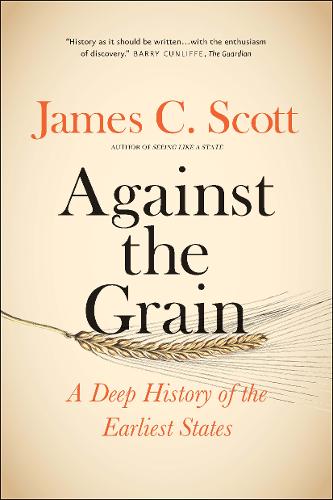Against the Grain: A Deep History of the Earliest States explores the origins and dynamics of early states, challenging conventional narratives. The book delves into the political and social structures of these ancient societies, offering a fresh perspective on their development and impact. It's a thought-provoking read that encourages readers to reconsider their understanding of early civilizations.
Against the Grain: A Deep History of the Earliest States is a fascinating exploration of the earliest states and their complex societies. The book challenges the traditional view of these civilizations as merely agricultural societies, instead highlighting their sophisticated political and social structures. The author's deep dive into the archaeological and historical evidence provides a compelling narrative that sheds new light on the origins of statehood. The book's strength lies in its ability to weave together various threads of evidence to create a coherent and engaging story. However, some readers might find the dense historical details a bit overwhelming. Overall, it's a must-read for anyone interested in the deep history of early states and their enduring impact on modern societies. The book's unique perspective and thorough research make it a valuable addition to the field of ancient history.
Quick quotes
The book challenges conventional narratives about early states and their development.
The author's deep dive into the archaeological and historical evidence provides a compelling narrative.
The book's strength lies in its ability to weave together various threads of evidence to create a coherent and engaging story.
